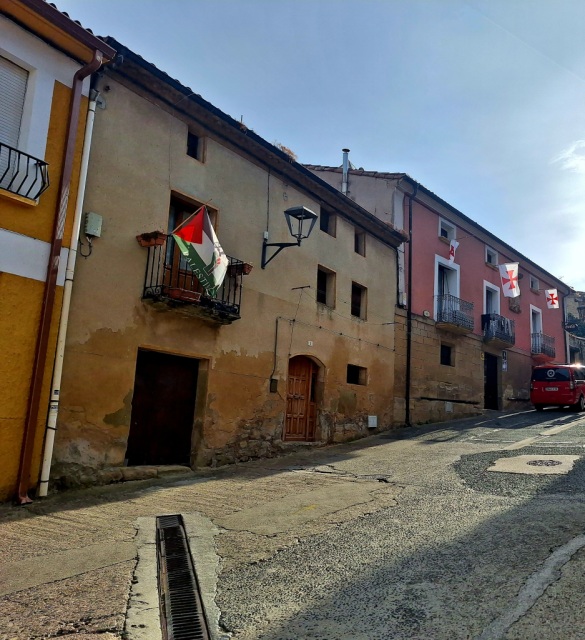
In every small Spanish town or village there are Palestinian flags flown from balconies, strung across streets, or even over the village entrance sign. I can’t comment on the motivations behind the phenomenon, but it seems dead right, timely and appropriate while a genocide is unfolding before our eyes, or while we cover them.
The Spanish government is responding at least partially to the will of its constituency by expressing opposition to Israel’s policies. Unfortunately, while western countries are finally taking the token step of recognizing Palestine as a state, they are not yet willing to enact the measures needed to stop Israel’s killing machine.
Arms boycotts and strong economic pressure would really be sufficient.
This is a reminder that what began in Gaza will not stop there. Palestinians in the West Bank are being targeted; while even those who hold full Israeli citizenship are being intimidated.
One day, Israelis themselves will wake up and discover that their government’s policies have been an act of wrong-headed self-harm that has solved nothing while making everything worse both for Palestinians and for themselves.
For a regular rundown on what’s happening, the Good Shepherd Collective is one organization who do regular mailings, like this one.
Israel heightens Genocide: Scholars estimate 680,000 killed in Gaza

Israeli forces killed 416 Palestinians between September 10 and 17, bringing total fatalities since October 2023 to 65,062, with 165,697 injured
